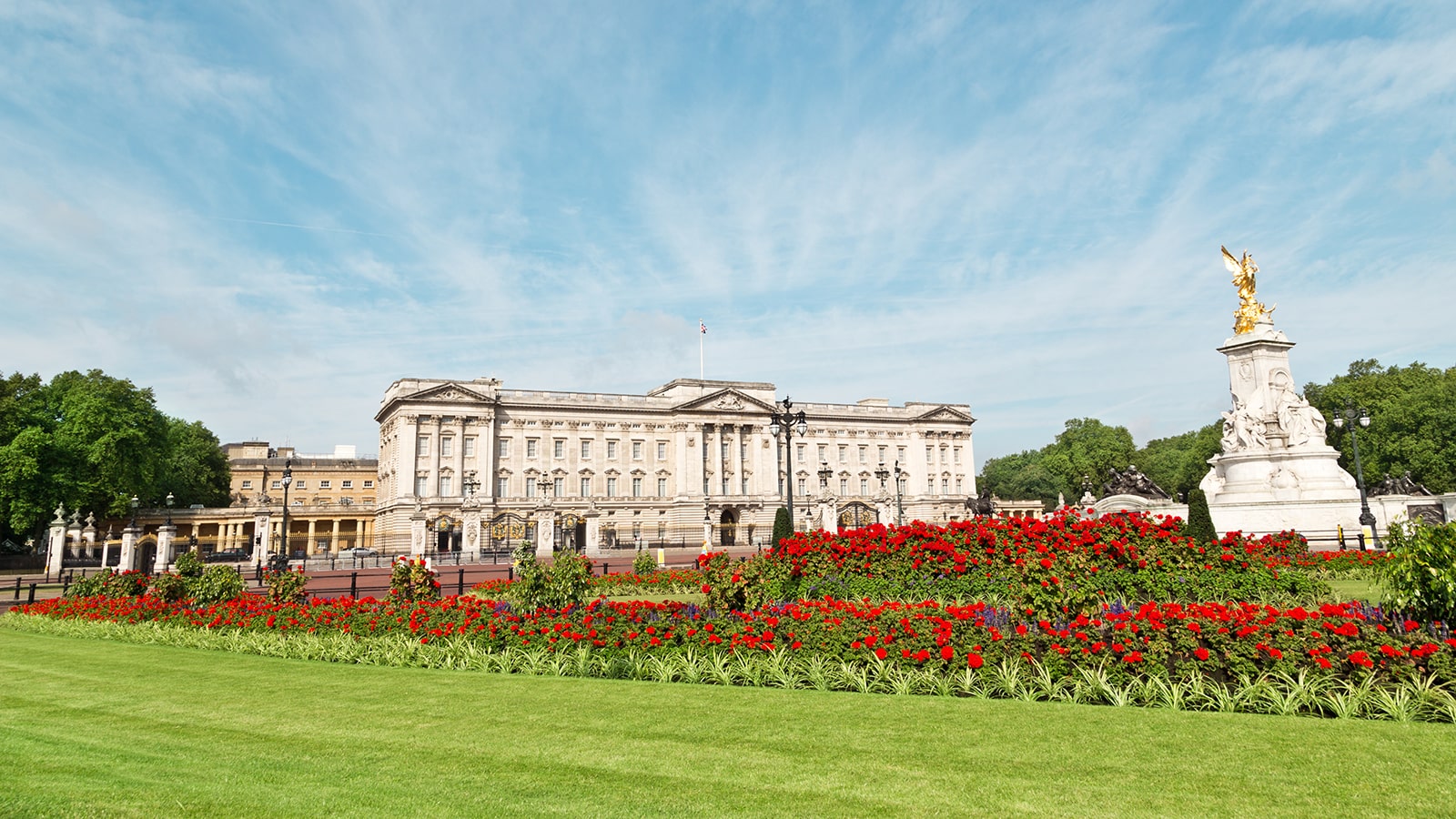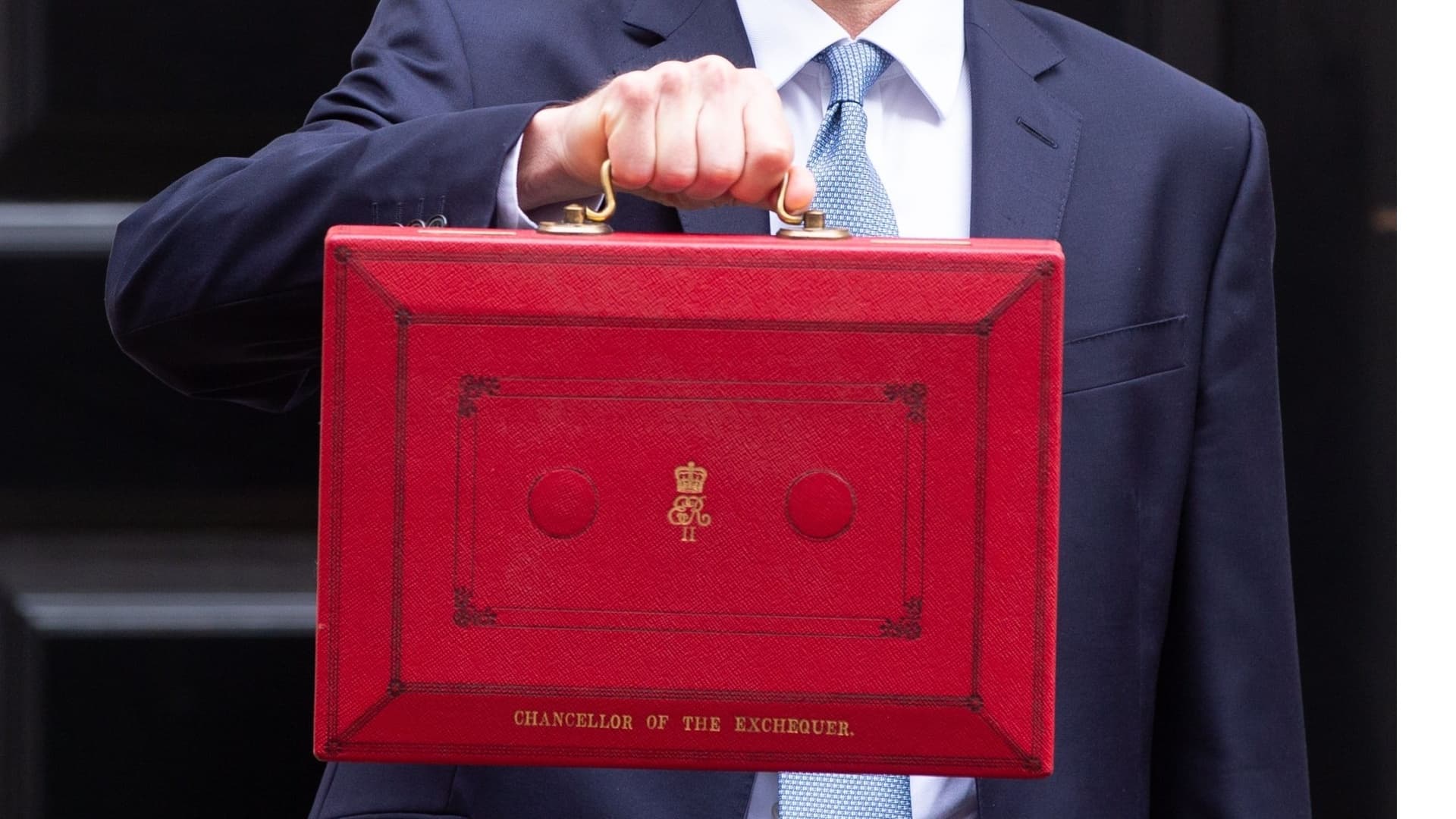
2018: Should I invest in UK property or UK stocks?
Posted on: 3rd September 2017 in
Investments
As a UK expat in the UAE, the weak pound makes investment in the UK look tempting. But do you go for UK property or UK stocks? That’s the big decision if you’ve got a lump sum to put away. Get an IFA involved to help you make the right financial decision for you and your family. In the meantime, Holborn Assets reviews – in 6 sections – UK Property vs UK Stocks:
- UK property vs. UK stocks: what does history say?
- What about the future of UK property vs. UK stocks?
- In favour of property as an investment
- Against property as an investment
- If not a mortgage, what then?
- Conclusion
UK property vs. UK stocks: so what does history say?
Over the last 15 years, UK property has done better than stocks;
but, over the last 30 years, UK stocks have done better than property.
That’s the verdict of an insightful 2015 report by big financial providers True Potential which revealed that property always looks
good — but equities plus dividends re-invested looks
stunning. But it’s not clear-cut. It’s all about the time frame you look at.
Between 2000 and 2014, the UK property sector outperformed the stock market.
£100,000 invested in property in 2000 returned 132% in 2014. Equities returned just 83% in comparison – and that’s
with the all-important investment of all dividends. But, despite the twin catastrophes of the dotcom bubble and the credit crisis striking during this period, equities still kept ahead of inflation (RPI) of 54%. (Stats from Halifax/True Potential 2015)
And, going even further back to 1984, equity with dividend re-investment has done
much better than property and, even with taking profits, equity still kept ahead.
In the 30 years between 1984 and 2014, growth in equity share value (433%) outperformed bricks and mortar (402%).
And if you had reinvested the dividends from that equity and not taken any profits over the thirty years,
your seed capital would have grown by a fairly staggering 1433%. That’s an annual growth rate of 9.9%.
But, who can afford to leave money alone for 30 years?
What about the future of UK property vs UK stocks?
Historically, equities have done better than property, except when under the extreme pressure of successive market crashes. But property hasn’t done badly, quadrupling in value in the UK since 1984.
So what? How does that help you right now if you’ve got decent money to invest? As the disclaimer always says with financial products, past performance should not be taken as an indication of future returns. That’s just basic probability theory. If you flip a coin a hundred times and each time it comes up heads, the odds of it coming up heads for the 101
st time remain 50%. (The probability of a 101 heads in a row sequence is, on the other hand, massively low). You have to look at past performance, but it’s not a crystal ball; rather a good indication of the general volatility of an asset class/sector.
How are you going to choose between property and equity as an investment for the next 20 years? Remember, it’s not inevitable that you will end up having a mortgage, nor necessarily would it be sensible for you to get one. You can choose to invest AND get a place to live if you want to WITHOUT getting a mortgage – and that’s by a combination of renting instead of buying and investing what you would have spent on mortgage interest/fees on another investment (ideally in equities).
Realistically you’ve got to commit to a decision that you feel, at the very least, won’t lose your money.
And on the note of losing money, remember that if you chop and change between investments you can end up losing money because of all the start-up fees you accumulate whilst losing out on any long-term cumulative growth.
In favour of property as an investment
YES: Somewhere to live, potential for adding value, market stability
Neither the UAE property sector nor the UK property sector is looking like they are going to win any medals at the moment. Particularly in the UAE, it may be a good time to buy. But timing aside, underpinning all property sectors at all times are three simple, but hugely influential benefits:
You get somewhere to live
It’s an obvious advantage, but don’t overlook it. No other investment vehicle provides this benefit.
You can add value
Whether it’s your own home or a property for let, you can add value to your property through refurbishment/improvement/extension. If you opt for BTL, obviously rental income is a great way to diversify your income generally, especially as it tends to relate closely to inflation.
Fundamental market stability
Bricks and mortar are bricks and mortar. Whatever happens to the economy, people will still need a place to live. And the only way you can provide that is with property. As an asset class in which the asset is of fundamental human utility, property will always have a certain negotiable value; the market will always have, as the analysts say, “upwards pressure”. This is a great thing, provided it lasts.
The only thing likely to seriously stave in the property market would be a mass depopulation, leading to far more homes available than people. Otherwise, the housing sector can rely on a certain structural certainty of demand.
Against property as an investment
NO: Costs + Fees, Interest, not liquid, not diversified
In summary: bricks and mortar? You must be joking! The fees always add up to far more than you expect. Don’t even
go there when it comes to the total interest we end up paying after 20 years with a mortgage. With a mortgaged family home, you’ve put all your eggs in one basket where you could end up getting your money stuck or even lost.
Costs + fees
Whether you’re buying a first property for your home or a second property to let, the costs don’t stop coming. Few countries don’t throw up an eye-watering suite of contracting fees, taxes and odd charges that suddenly appear when property changes hands. Below are the mandatory costs you would look at in the UK (just for example) for getting a standard mortgage. BTL mortgages, as opposed to standard mortgages, involve more complexity generally.
Mortgage Fees
There are generally a fair bunch of fees that your lender will charge you. For a start, to open a mortgage account with your lender, you’re looking at £100-£300.
There will also be an arrangement fee. This is sometimes called a booking fee. It can be anything up to over £2k. Don’t be fooled if you see a very low booking fee advertised; usually, it means that the interest rate on the deal will be high. If, on the other hand, an advertised fee is high (£1000+), then you are likely to get a low-interest rate on repayments on a particular deal.
You will also pay for your lender’s mortgage valuation survey. You need to get this survey signed off to successfully apply for a mortgage. This survey is designed to confirm that the money you are being lent is for a property that is worth what you’re paying for it. Sometimes lenders waive the charge as a promotional incentive, otherwise, prices start no lower than £100 and go up over a £1000, depending on the work involved. Financial transfer charges should cost you less than £100.
Stamp Duty levied on purchase
This is tiered to apply at different rates to different portions of the total property value. So you pay nothing on the first £125,000 of the house value, 2% on the next £250,000, 5% on any remaining value up to £925,000, 10% from there up to £1.5m and 12% after that. Remember that an extra 3% is added to all tiers if the property is a second home.
Legal fees
This includes planning search and conveyancing (this is the legal term for the transfer of ownership). Average total legal fees for a UK house move: £1000-£1500 inclusive of VAT at 20%.
Survey
Most buyers go for a full structural survey costing £600 upwards, but there’s a range of less expensive options. Unless it’s a brand new home you’re looking at, you would really want a survey so you don’t end up buying somewhere that’s got major problems.
Interest payments
You might think that interest payments could be classified under the “costs and fees” heading above. Maybe. However, interest deserves a whole heading of its own. Interest is a monster. Interest is the mother of all financial drawbacks when it comes to getting into property via a mortgage. So much so that let’s just use one simple sample calculation to illustrate the enormous capacity of interest to overwhelm all other financial considerations:
Borrow £100,000 at 5% interest over 30 years and you will end up paying almost all of it (£95k) AGAIN in interest to your lender. There’s plenty of mortgage repayment calculators online; try some combinations that might apply to you personally and see the full impact that interest has.
Sure, interest rates aren’t going to be seeing 5% for a long time, not with the noises currently being made from the Bank of England. But still — makes you think, doesn’t it?
Not liquid
Versus equity, the property market takes a long time to get out of. If you need to liquidise assets fast, you will generally be better off having invested in shares. Sure, a stock market crash can bring temporary problems; but it’s nothing compared to the enduring transactional apocalypse that can take hold in property! If you want to be able to get in and out with your money for certain, property comes within sensible risk parameters (provided you don’t buy a condemned building), but equity, particularly fund-based, looks far more attractive.
Not diversified
Investing in just one sector or asset class (like property, equities, commodities etc) is always risky. It makes sense to spread the risk. But often that’s not possible, especially if you are not rolling in money. For some people, making the mortgage payments can be hard enough, without having to find even more money to invest elsewhere. A mortgaged property is the only shot some of us have at meaningful long-term investment.
The fact remains that, if you are an ordinary person, it is likely that a mortgage on your home will be the biggest investment (by far) that you will ever make. In that case, it is worth considering that you are very definitely putting all your eggs in one basket. Effectively you are saying that you have 100% trust in the housing market.
If not a mortgage, what then?
Renting + unit trust (or other investment)
A mortgage isn’t the only way to grow your money AND get somewhere to live.
Consider renting and investing the money you would have spent every year on the financial costs of homeownership in an equity fund. The calculations show that, so great is the amount of interest (plus fees) accrued on a standard mortgage deal, it can work out far better over the long-term to rent instead of buy — provided you pro-actively invest the difference in costs you would have accrued otherwise and then commit fully to re-investing the dividends. You really need to speak to an IFA for a holistic look at this tactic as one of many options, weighed against each other in an organised way to minimise risk.
Conclusion
Some of the drawbacks of property as an investment apply, especially to the mortgaged property. But that’s what most of us are looking at, right? That, or BTL? We haven’t really delved into BTL and its associated welter of costs (and responsibilities). But, despite a tough year for private landlords, BTL remains at least worth looking at as an alternative to a pension scheme.
But coming back to the man in the street; is our mortgaged home the castle we hope it is, or just an illusion of security that ties us into making decades of interest payments that add up to far more than we realise?
There’s a mature lending market here that has done very well out of persuading consumers that mortgaging is the ONLY option. It is not. Mortgages offer numerous, powerful benefits. But renting and investing in a fund does too. And always remember that equity is proven to outperform property in the long run, certainly in the UK.
But steady, here. Exotic alternatives to mortgages are all very well. But even with mortgages, the guidance of a professional advisor is critical for success – let alone more complicated alternatives. The important thing is to take your financial plan a step at a time, and use an IFA to secure that all-important peace of mind.
Read Holborn Asset’s Jo Philip’s
Elite 2017 tips for buying a UK property
Read Holborn Asset’s quick overview of
Which way are 2017 UAE property prices going?

















